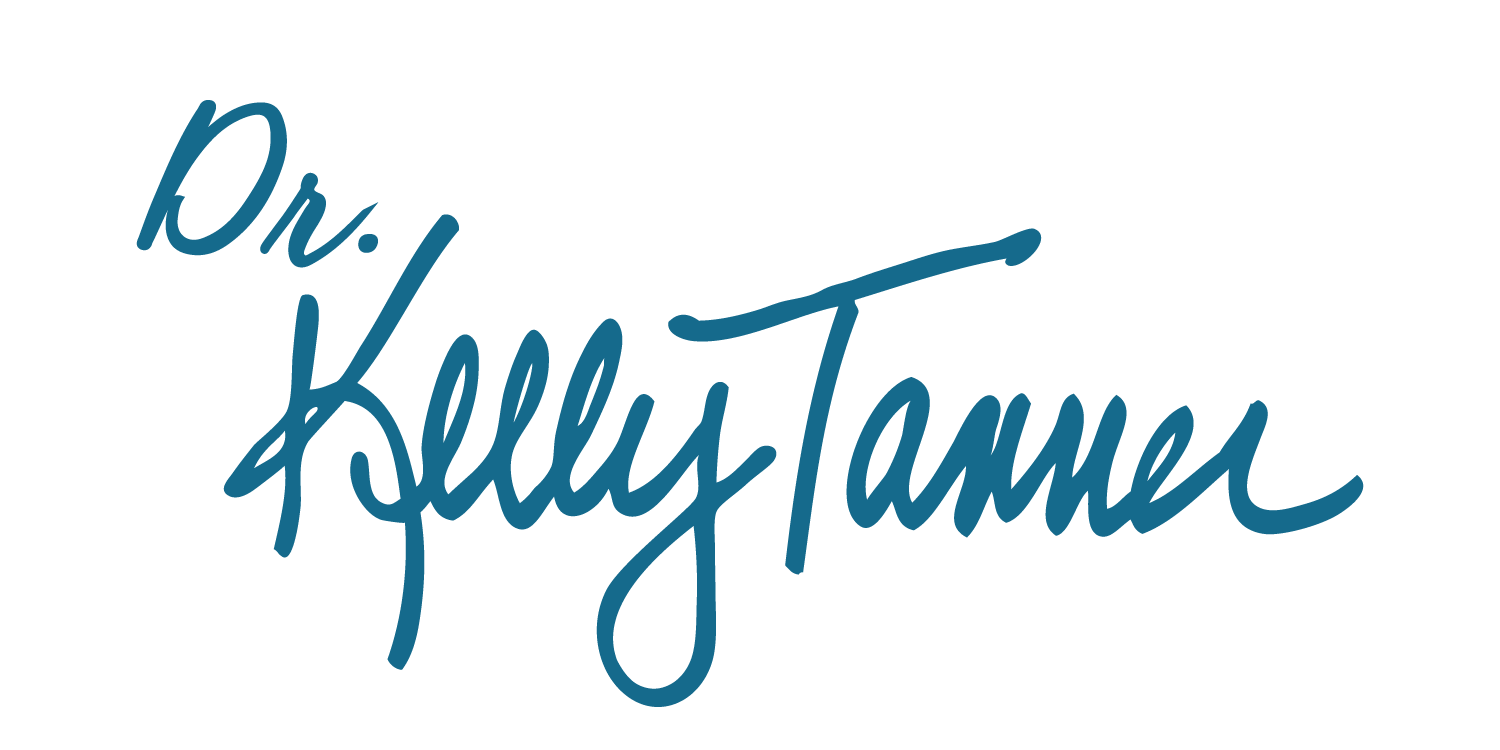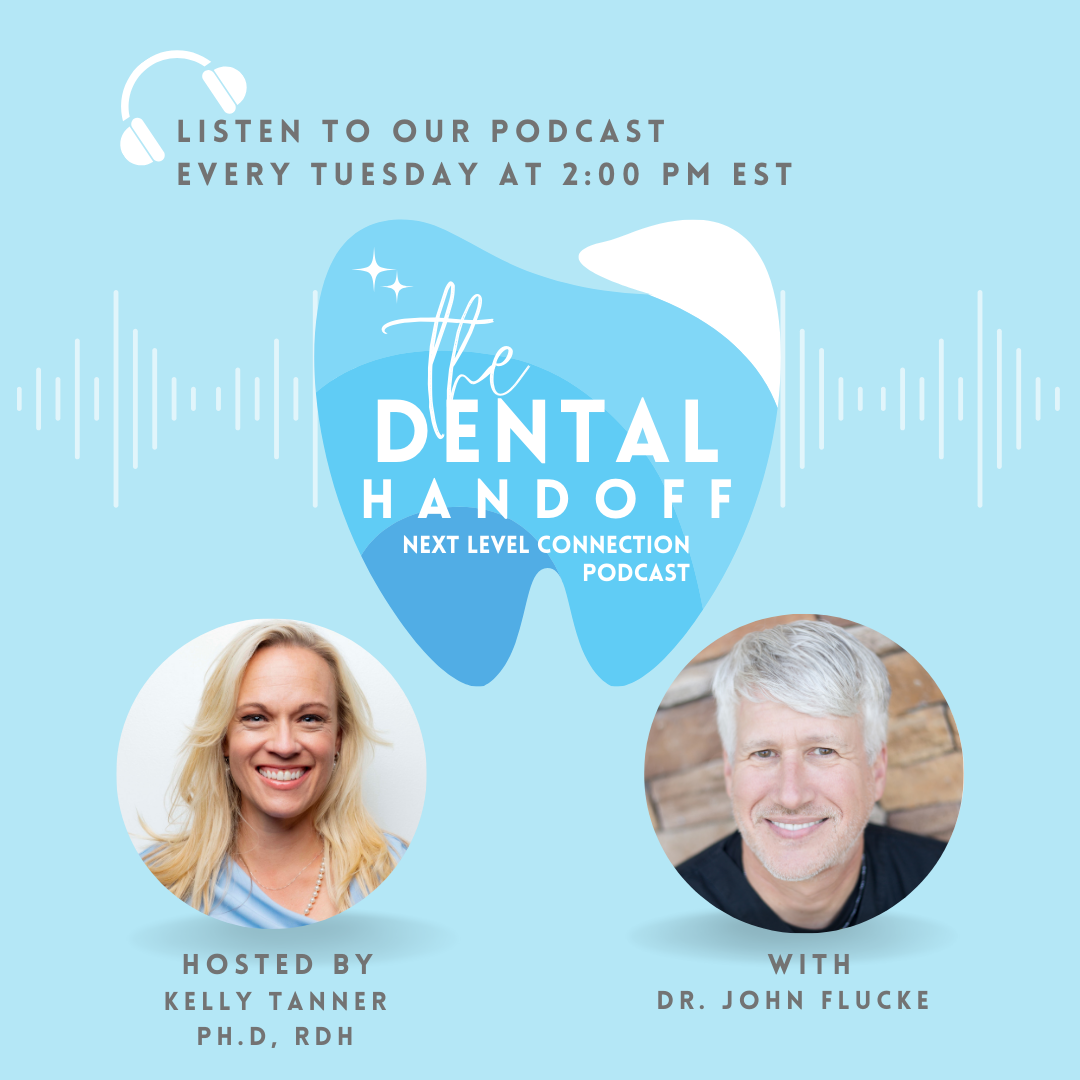Learning from Failure: Dr. John Flucke's Journey as Dentistry's Technology Evangelist
"I can't tell you very many things that I have learned from successes, but every failure is a learning opportunity." This insight from Dr. John Flucke, self-described "Technology Evangelist," encapsulates his approach to dentistry and innovation. In a recent conversation with Dr. Kelly Tanner on The Dental Handoff podcast at the Chicago Midwinter Dental Meeting, Dr. Flucke shared his remarkable journey from a three-year-old pulling his sister's tooth to becoming one of dentistry's most respected technology advisors.
A Calling From Childhood
Unlike many who find their path through exploration, Dr. Flucke's dental destiny seemed predetermined from an unusually young age. "When I was three years old, we were eating breakfast as a family," he recalls. His sister complained about a loose primary molar, prompting their father to suggest she pull it.
When she hesitated, young John took charge. "I took her into the little bathroom off our kitchen... I washed my hands and got the little step stool that all kids have. And I climbed up on it and I was like, 'Which one is it?'"
After successfully extracting the tooth, he proudly displayed his blood-covered hand to his mother announcing, "I'm gonna be a dentist."
This childhood conviction never wavered. "It was always my path," he explains. "Everybody I went to high school with knew I was going to be a dentist."
Finding Passion in Patient Care
Dr. Flucke's love for dentistry stems primarily from helping people overcome their fears. "I love the helping people part of it," he says. "The ability to do something that most people don't like and are afraid of and to be able to make them comfortable with the process was the first thing."
This people-first approach, combined with what he later recognized as "an engineering mindset" that made him "real process oriented," created the foundation for his successful career.
Learning Without a Safety Net
After dental school, Dr. Flucke's professional journey took a challenging turn. Working as an independent contractor in an office where the owner dentist was never present simultaneously, he lacked the mentorship many new graduates rely on.
"I didn't get a lot of this 'is the way we do things.' I had to figure it out on my own," he explains. "Part of the reason that I do what I do now is that I didn't really have that safety net of being able to go to somebody and say, 'How do you do this?' or 'Why did this happen?' or 'How can I avoid this?'"
This experience inspired a pivotal habit—keeping a clinical journal. "Every day at the end of the day... I would go back through the patients that day that I saw. And especially if something went wrong, I would write down what I did, where the failure was. And then if I had to do this again, I would do..."
This reflective practice helped him process information and avoid repeating mistakes. As one of his professors had taught him about note-taking: "The second process... helps it stick."
From Individual Care to Exponential Impact
The turning point in Dr. Flucke's career came with a mathematical realization. "If I work four days a week... and help ten people a day, that's forty people a week. But if I can help a hundred dentists that see forty people a week, I've now helped four thousand people a week."
This understanding of exponential impact drove him to begin sharing his knowledge through writing, speaking, and product development. His blog, started over fifteen years ago, has garnered more than 2.5 million unique site visits—a testament to the dental community's hunger for practical, experience-based insights.
"If I can make a mistake... and I can tell people, 'Whatever you do, do not pick up the butter knife and put it in the toaster,' then we don't have everybody with bad hairdos," he says, using a colorful metaphor for learning from others' mistakes.
Technology Evangelist: Testing So Others Don't Have To
Dr. Flucke has embraced the role of "Technology Evangelist," a term he borrows from a football analogy about a quarterback who prepared the way for future stars. "I take new things, new concepts, new products, new technologies, and I apply them. And then I try to find what's the cream of the crop, so that I can tell people about it."
His work extends beyond simply testing existing products—he actively participates in product development, seeing innovations from "the zip tie and duct tape stage all the way through the completed item."
This hands-on involvement allows him to identify flaws before products reach the market. He recounts breaking a prototype composite gun by using a denser material than anticipated. "I called them. I was like, 'I broke it.' And they were like, 'Okay, well, send it in... We've reinforced that point of failure.'"
These experiences provide immense satisfaction: "It's really rewarding then when the thing actually comes to market... and people use it and like it and realize that I had a part in that, making it better for everybody else."
Integrity as the Ultimate Legacy
Throughout his career, Dr. Flucke has maintained an unwavering commitment to integrity. "The things that I talk about, the things that I write about, they're all things that I've touched. They're all things that I use. They're all things I believe in."
This principle extends beyond his professional life to his personal values. "I tell my kids, when you die, the only thing that goes in that box with you is your honor. And if you sell that, if you give it away or you don't care enough to keep an eye on it, it never comes back."
In an era where "everybody's got a voice," this commitment to genuine expertise and honest evaluation becomes increasingly valuable. As he explains, "With great power comes great responsibility"—a Spider-Man quote he borrows from his son's favorite superhero.
Celebrating Success, Learning from Failure
For dental professionals at any stage, Dr. Flucke offers wisdom that balances ambition with self-compassion. He observes that dentists often "beat ourselves up" over imperfections while failing to celebrate successes.
"We as dentists will beat ourselves up... and we never enjoy that. We never say, 'Oh, that's right. I'm happy about that.' We never celebrate our successes, but we ruminate on our failures."
His parting advice embraces both proactive planning and positive reinforcement: "My job is to plan for the worst possible outcome, because if I consider the worst possible outcome and I can fix it, then it's really not a bad outcome."
And for life in general? "The two most important things in life: Be nice. Show respect. You pull those two things off, everything else is cream cheese."
Keywords: dental mentorship, dental education, learning from failure, dental blogging, dental speaking, Chicago Midwinter Dental Meeting, dental career development, dental integrity, dental technology testing, dental leadership, professional growth, dental expertise, The Dental Handoff podcast,


